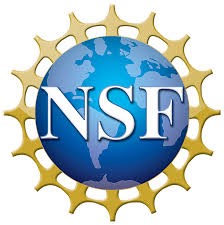The world has witnessed an exponential growth in the number and demand of wireless devices, and an increase in the array of wireless broadband network applications that has permeated virtually all aspects of our daily lives. However, this progress cannot be sustained with the current wireless communication network technologies, and this fact has spurred research innovations towards the next generation of wireless systems, typically termed 5G technologies. Two key paradigm shifts that will help meet these demands in 5G networks are the deployment of heterogeneous small cell networks combined with device to device and multi-hop wireless communication, and the adoption of more innovative ways of sharing the spectrum through cognitive radio and dynamic spectrum access.
Intellectual Mertirs: This project provides tools for quantifying the design trade-offs in future spectrum-agile heterogeneous networks, as well as the theoretical performance limits. Several networks are expected to exist in the same geographical area, each with varying access rules and access protocols. The project studies co-existence and possible cooperation between such networks. Two modes of cooperation are considered: relay cooperation and content cooperation. Two approaches are considered for the analysis of each of these modes, which compose the two thrusts of the proposal: Thrust I: queuing network approaches, which characterize finite as well as asymptotic performance, and focus on random-access based schemes; and Thrust II: scheduling and optimization approaches, which characterize the theoretical best possible performance.
Broader Impacts: The broader impacts of the work include the development of course projects and modules for two graduate level courses that integrate results from the two thrusts of this research, K-12 outreach, enhancement of student diversity and increase of number of women and under-represented groups in engineering, and international collaboration that offers international exposure for students.
Award info: NSF CNS NeTS: Small, grant #1422153; start date: October 1, 2014; end date: December 31, 2018.
